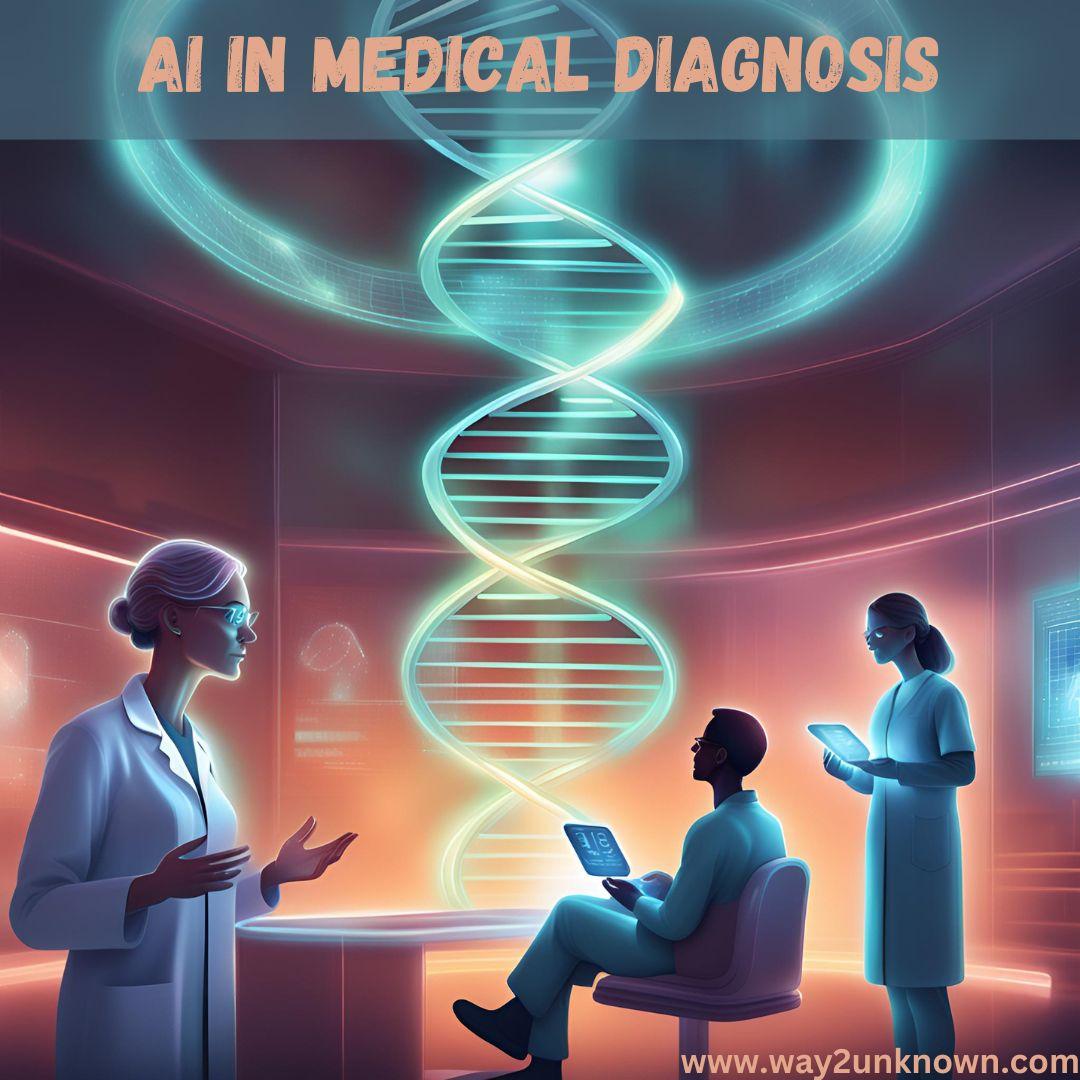Revolutionizing Healthcare: How GenAI Is Transforming Medical Diagnosis

In recent years, the integration of artificial intelligence (AI) into various industries has sparked remarkable advancements, with healthcare standing at the forefront of this transformative wave. Among the myriad applications of AI in medicine, one particularly promising area is medical diagnosis, where AI-powered systems, often referred to as GenAI, are revolutionizing the way diseases are detected and treated.
GenAI, short for Genetic Artificial Intelligence, combines the power of AI algorithms with genetic data to provide insights into an individual's susceptibility to various diseases, predict treatment outcomes, and offer personalized medical recommendations. By analyzing vast amounts of genetic information, GenAI can identify patterns, correlations, and genetic markers associated with specific diseases, allowing for early detection and intervention.
One of the most significant advantages of GenAI in medical diagnosis is its ability to process and interpret complex genetic data much faster and more accurately than traditional methods. This rapid analysis enables healthcare providers to make timely and informed decisions, leading to improved patient outcomes and potentially life-saving interventions.
Furthermore, GenAI facilitates the development of precision medicine, an approach that tailors medical treatment to the individual characteristics of each patient. By considering a patient's unique genetic makeup, as well as other relevant factors such as lifestyle and environmental influences, GenAI can help healthcare professionals devise personalized treatment plans that are more effective and less prone to adverse effects.
Moreover, GenAI holds great promise in the field of rare and genetic diseases, where traditional diagnostic methods often fall short. By leveraging AI algorithms to sift through genetic data, GenAI can identify rare genetic mutations and provide valuable insights into disease mechanisms, paving the way for targeted therapies and improved management of these conditions.
In conclusion, GenAI represents a paradigm shift in medical diagnosis, offering unprecedented capabilities to analyze genetic data, predict disease risks, and personalize treatment approaches. As this technology continues to evolve and integrate into clinical practice, it holds the potential to revolutionize healthcare delivery, ushering in an era of precision medicine and improved patient outcomes.